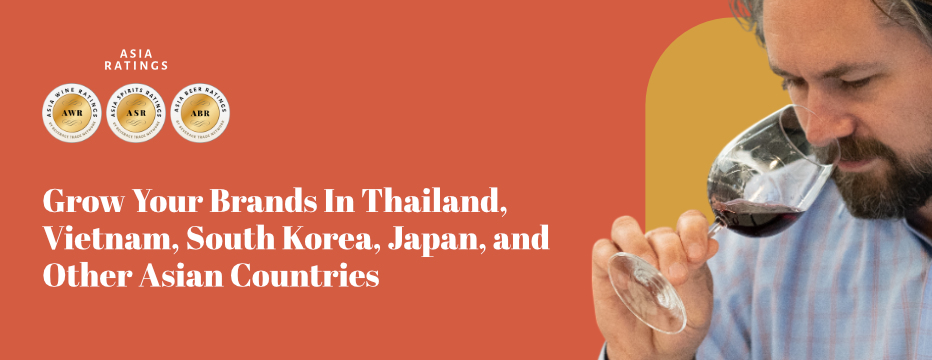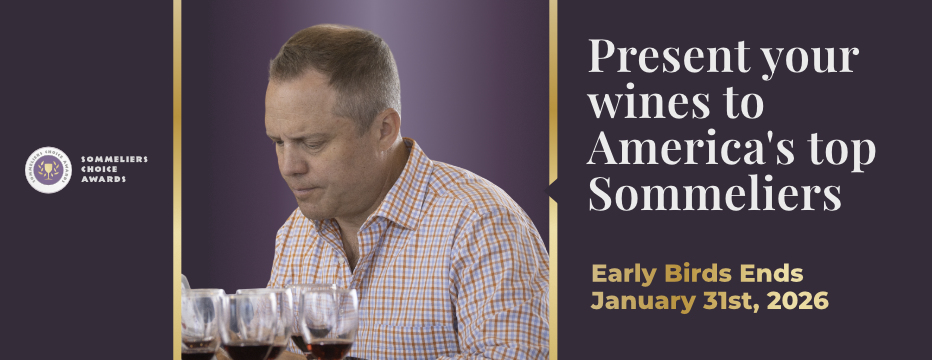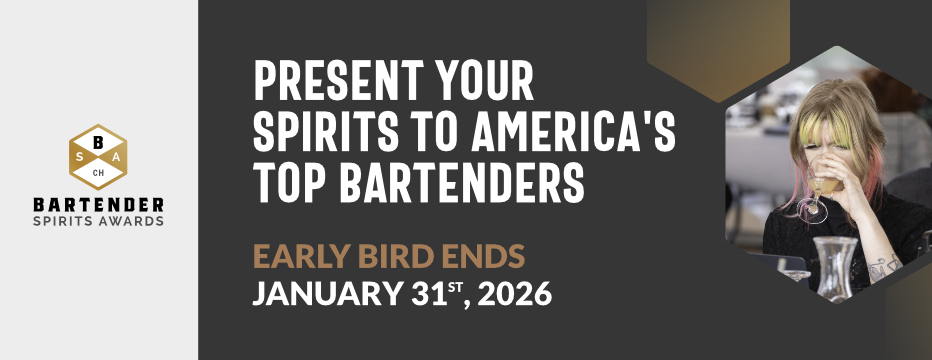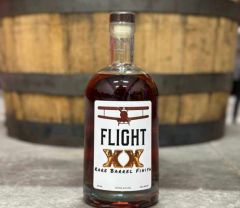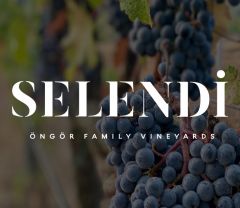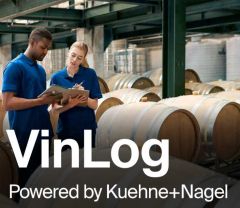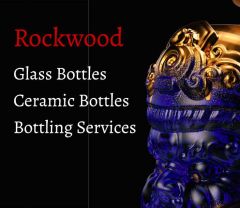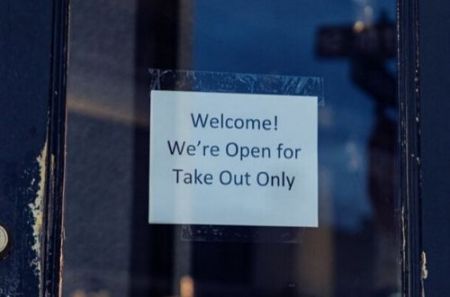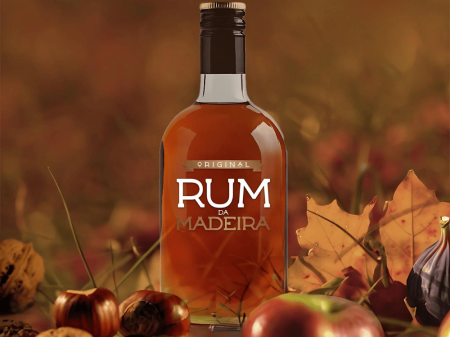Sommeliers Choice Awards 2025 Winners
Wine, Travel, and Storytelling: How Swiss Wine Is Reaching a New Generation
Exploring Swiss wine’s evolving approach to consumer engagement.
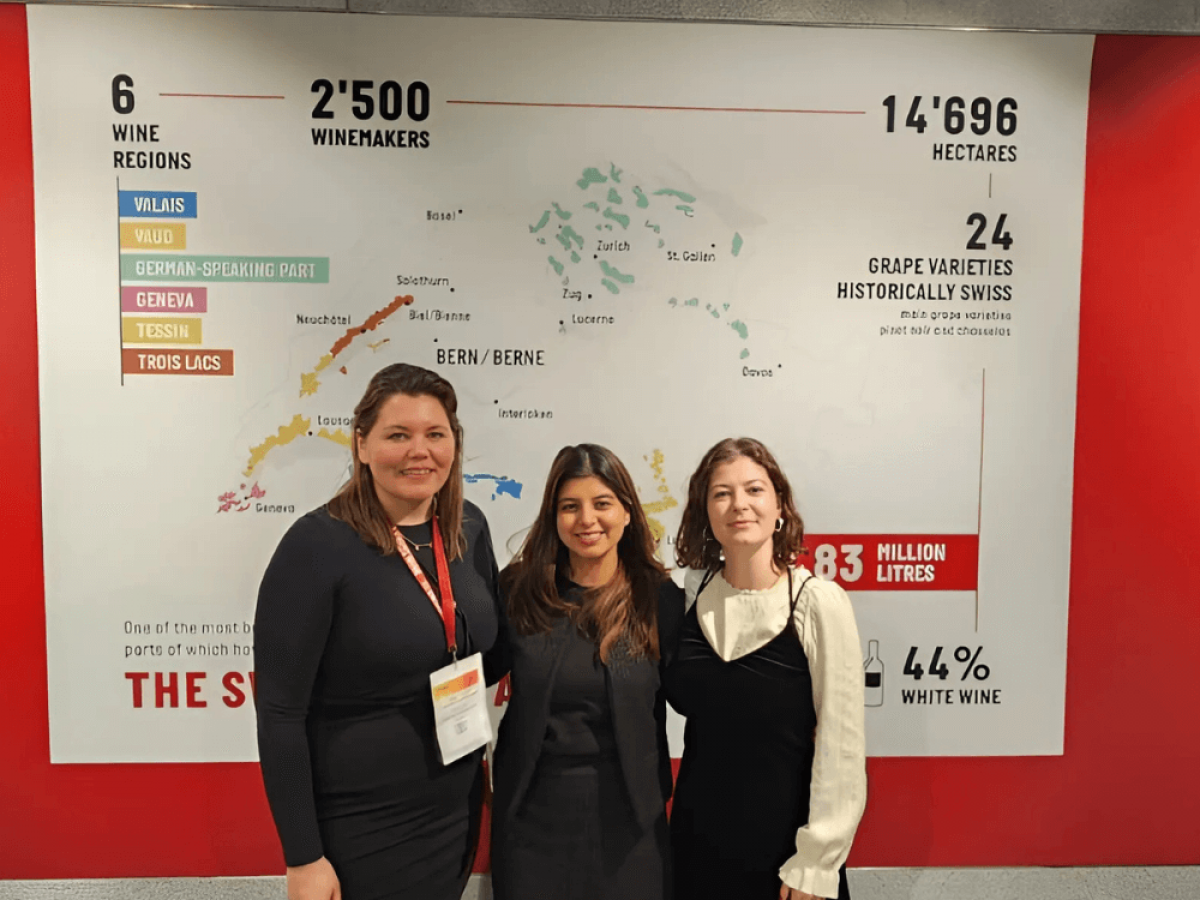
Swiss wine has long been a well-kept secret—produced in small quantities, mostly consumed domestically, and often overshadowed by the country’s global reputation for cheese, chocolate, and watches. But as consumer habits shift and the wine industry faces increasing challenges in engaging younger and more diverse drinkers, Swiss Wine Promotion is taking a fresh approach. Océane Gex, Project Manager for Wine Tourism and Retailer Projects at Swiss Wine Promotion tells us how they are using experience-driven marketing, digital engagement, and strategic trade partnerships to carve a stronger presence for Swiss wines both at home and abroad. In this conversation, she shares insights into how Swiss wine is repositioning itself—not just as a product, but as part of a larger cultural experience.

Image: Océane Gex
Malvika: Hi, Océane. Today we’re talking about Beverage Trade Network’s new initiative ‘Let's Grow Wine’ and I wanted to get your ideas about how to reach the consumers of today. So I have a couple of questions about that.
The first one is, how is Swiss wines approaching the challenge of engaging with a younger, more diverse consumer base? Can you share any specific examples of campaigns or strategies that have worked well for you?
Océane: So indeed, the market and reaching younger people is very complicated. We are on Instagram, TikTok and we try to do active content, but it's not enough. We are really focusing on experience. So it's experiencing the Swiss wine because Swiss wines are not that famous and not very known.
But Switzerland has that aura and is famous for tourism, mountains, cheese, watches, and chocolate. And now we want to focus a little bit more on Swiss wine. So we invite people to get an experience in Switzerland with wine tourism.
Malvika: I did see the video series that you had done where two people were filmed all around Switzerland. That looked like a great series.
Océane: We also then share it on social media networks like Instagram and TikTok to take the participant or the future consumer with us on this journey. That's also why we chose a young woman who was guiding all the people she took with her through this trip to Switzerland. And so this is really the image that we want to share about Swiss wine.
Malvika: And how is Swiss Wine leveraging cultural trends, as you said, but a little bit further than that, such as food pairings, art, and music to enhance the feel of wine? With the new consumers of today, we need to make wine reach them. We have to take wine to the events that they enjoy. So are Swiss wines looking into those kinds of partnerships or pairings or events?
Océane: For us the most important thing is, as we are a small wine country, our focus is to talk about the experience and also the quality of Swiss wines. When you share a moment with friends, a good moment with friends, you can also share a good bottle of wine. And this is also maybe something in other markets and in Switzerland too.
Our focus in the export market is to bring only the best Swiss wine. So we export but just a few bottles a year, but we export very good wine. So people always have good memories of Swiss wine. We are also trying to make this change and to say, if you don't want to drink that much wine, it's OK. But drink the best wine and drink Swiss wine and share good moments with your people and people you love by drinking a good bottle of Swiss wine. That has a story behind it. In Switzerland, we have a lot of small winemakers. Here at Wine Paris, we have 21 winemakers from Switzerland, but the biggest do not produce more than 1 million bottles a year.
We want to focus on the stories behind the wine and the bottle, because in Switzerland everything, almost everything is made by hand. So it's a very quality product made with emotion.
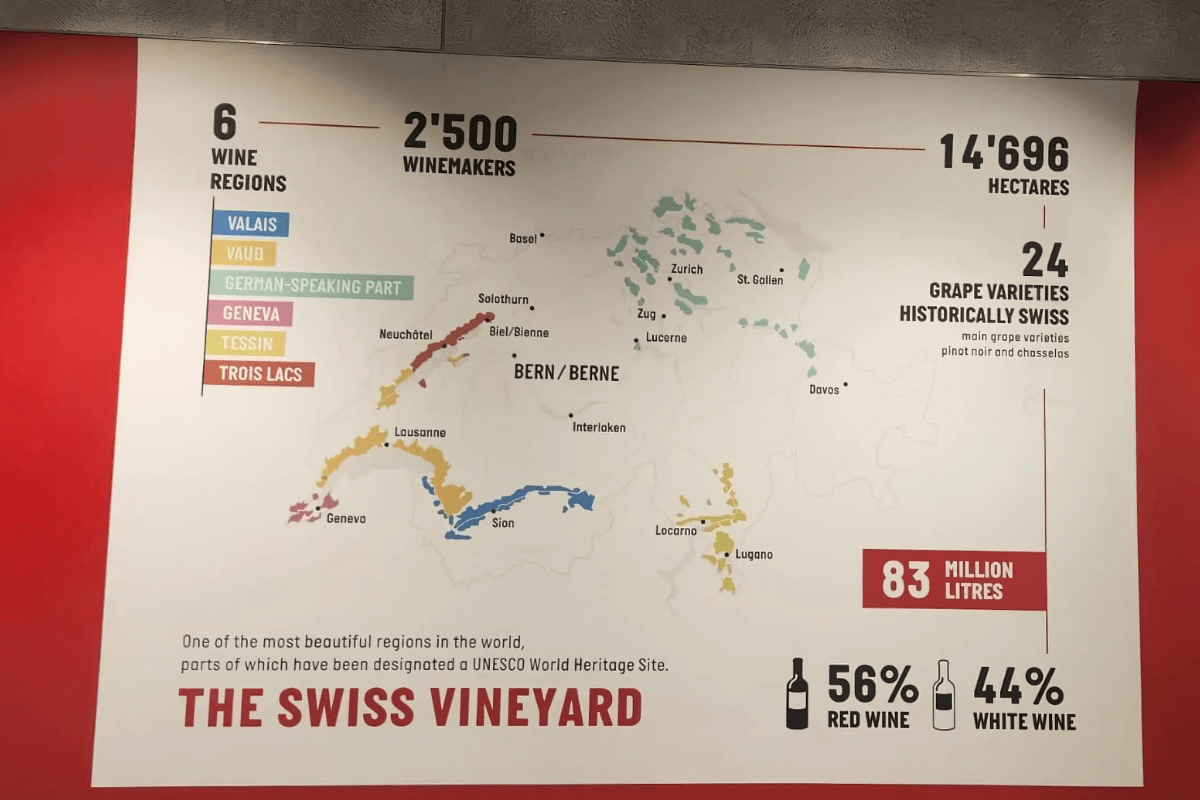
Image: Map of Swiss Wine Regions.
Malvika: How can trade partnerships and collaborations help increase wine awareness and accessibility for you? Can you share any examples of how your association is planning to work with the trade in 2025?
Océane: It's really important to have partners and trade shows because we have to show the know-how from the Swiss winemakers and if we stay in Switzerland we can not reach this goal.
It's very important to have partners and to be in the same area and in the same position as the other countries. To know that we are here next to Germany or next to Austria or Portugal and we have wines that are as good as theirs. And we do, we know how to make good wines like other countries. So it's something very special for us, and to be able to show the variety that we have. We have 6 wine regions and for each region, there is something different to present abroad. Maybe the most known region is Valais. It's important for them to show their wines as being from Valais. But for the smaller wine regions like Geneva or Three Lakes, we have to come and be together and share the image of Swiss wine.
The trade is very important for us also so we can show up with the brand Swiss wine, so every winemaker can also benefit from it.
Malvika: Apart from trade fairs, is there any way you connect directly with importers, distributors, or retailers in the UK or the US market, or any other emerging market?
Océane: Yes, we do 2 Swiss wine weeks. So the Swiss wine weeks are really to connect the winemaker with the consumer and the wine industry.
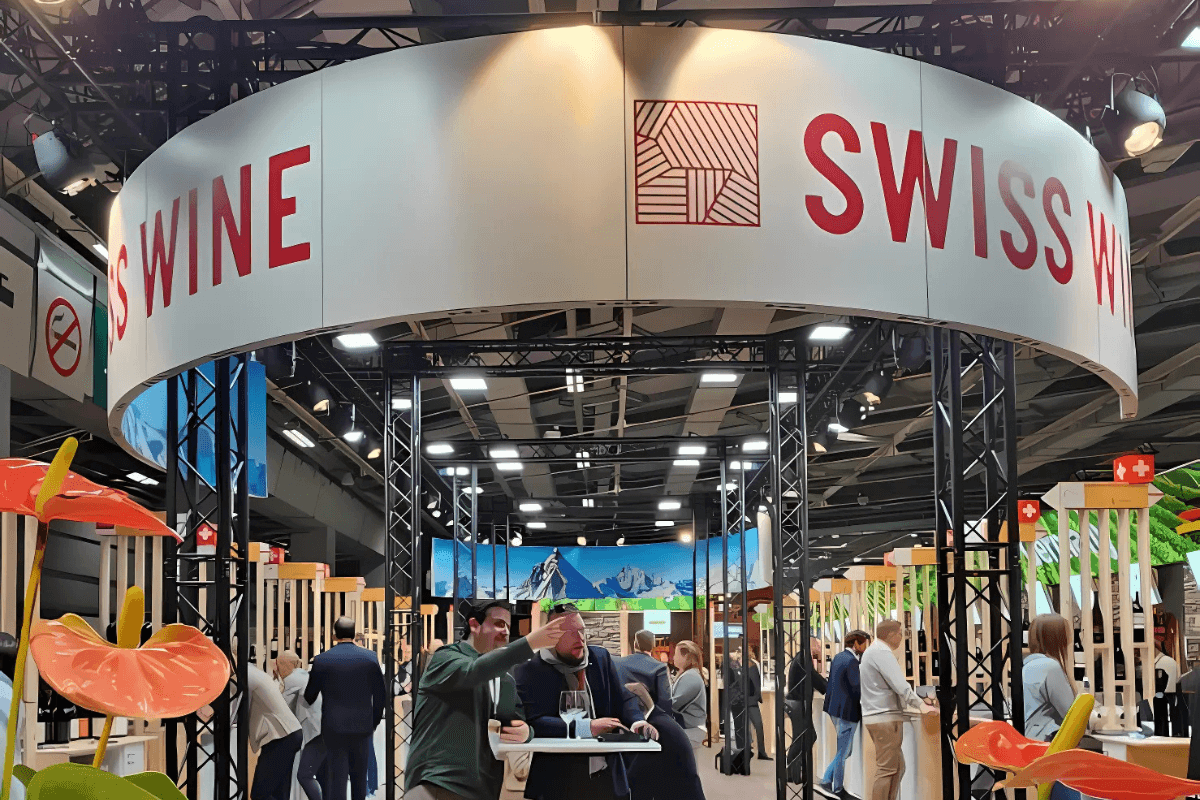
Image: Swiss Wine Pavillion at Wine Paris 2025.
Malvika: How is your response to that? Do you get a lot of importers and distributors coming in?
Océane: We are seeing that our program each year is becoming bigger and bigger.
And what is also very interesting is that at the beginning the winemakers were a little bit fearful to say, my importer is here or I have someone on-site because they thought that if you work with them, then they would lose the market. But now they trust us. They know that we are doing it for the winemakers. That is our first mission. And so we are very happy that now we have the trust of the winemaker and the trust of the importers. And so we now can build a really beautiful project with quality wine.
Malvika: Do you find consumers actively seeking out any sustainable wines? And how is Swiss Wines meeting this demand? Also, how do you project that sustainability coming through in Swiss wines so that the consumer gets the message and are they even asking for it?
Océane: In the last consumer-based study that we did, we found that sustainability is no longer that important or is decreasing in importance for them regarding wines because I think they have other fears like inflation and other factors due to which maybe sustainability is of secondary importance.
Malvika: There are more important factors that consumers are they are focussing on right now.
Océane: Exactly, that is for the consumer. But for the winemakers in Switzerland, we see a big change. Almost 20% of vineyards in Switzerland are organic. We do work with sustainability of course. On the social responsibility part, we have a minimum salary. So everybody gets paid fairly for what they do.
Malvika: Yes, that's a very important part of sustainability.
Océane: We are very engaged with sustainability. We also want to sell the wines for a good price, so the wine growers are also earning money. We look for the social impact. We are producing more and more organic wine, and in that looking out for nature and the environment.
[[relatedPurchasesItems-38]]
Conclusion
For Swiss Wine, growth isn’t about chasing volume—it’s about crafting meaningful experiences that resonate with modern consumers. By linking wine to the country’s broader cultural appeal—its landscapes, craftsmanship, and gastronomy—Swiss Wine Promotion is redefining how wine is discovered and appreciated. Strategic partnerships with the trade, alongside immersive campaigns that highlight the stories behind the wines, are proving essential in this journey. As the industry navigates shifting consumer priorities, Swiss Wines’ approach suggests that authenticity, quality, and experience remain powerful tools in growing their wine’s appeal globally.
In conversation with Malvika Patel, Editor and VP, Beverage Trade Network
Also Read:
Discovering Swiss Wine: A Journey Through Terroir and Tradition
Swiss Wine Industry in Transformation: Challenges and Opportunities Ahead
Exploration of Switzerland’s Unique Wine Regions

